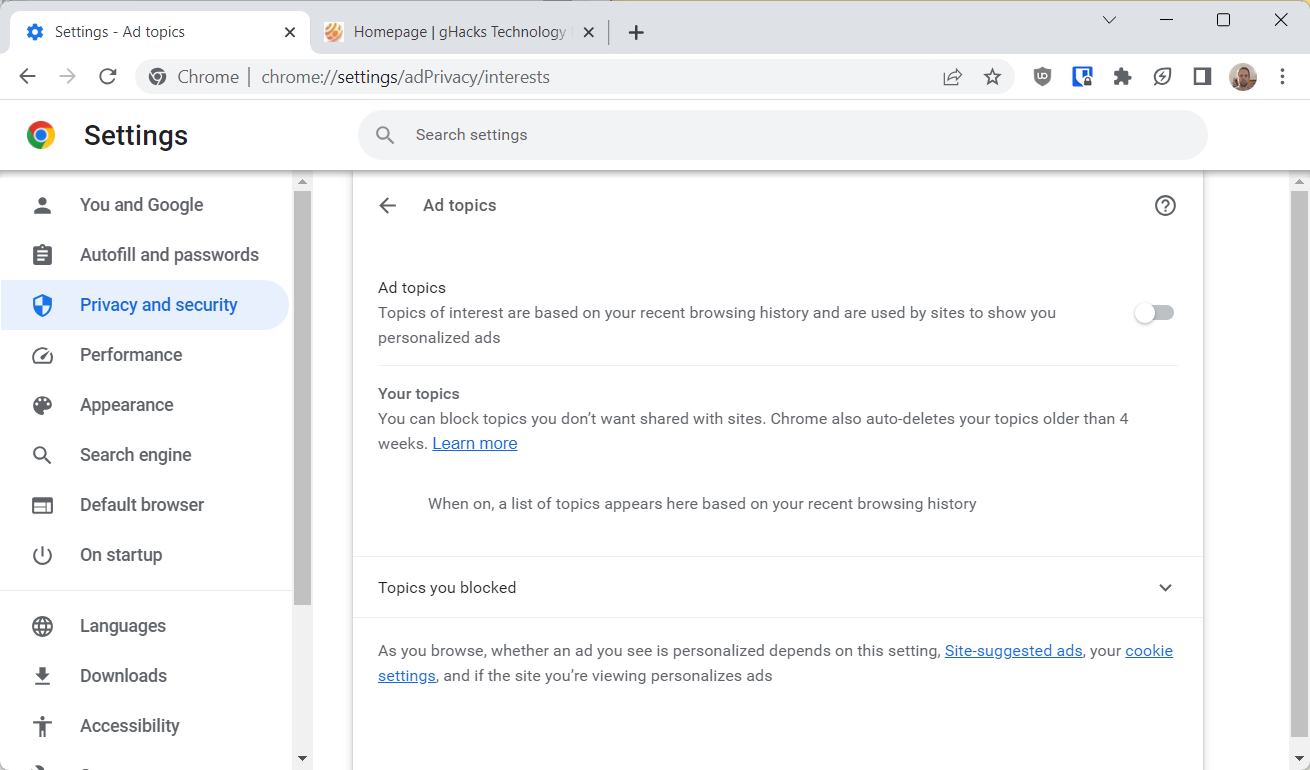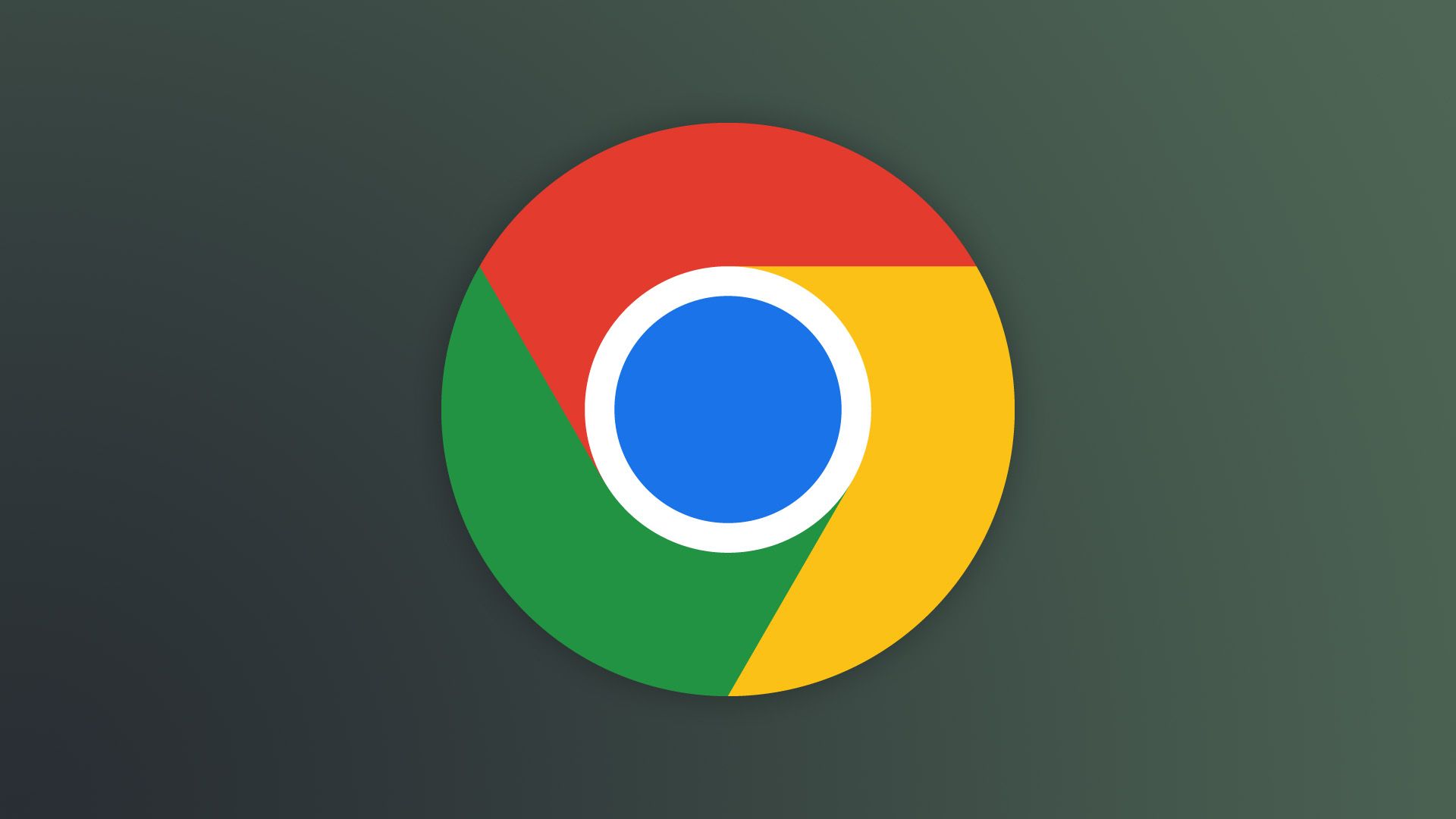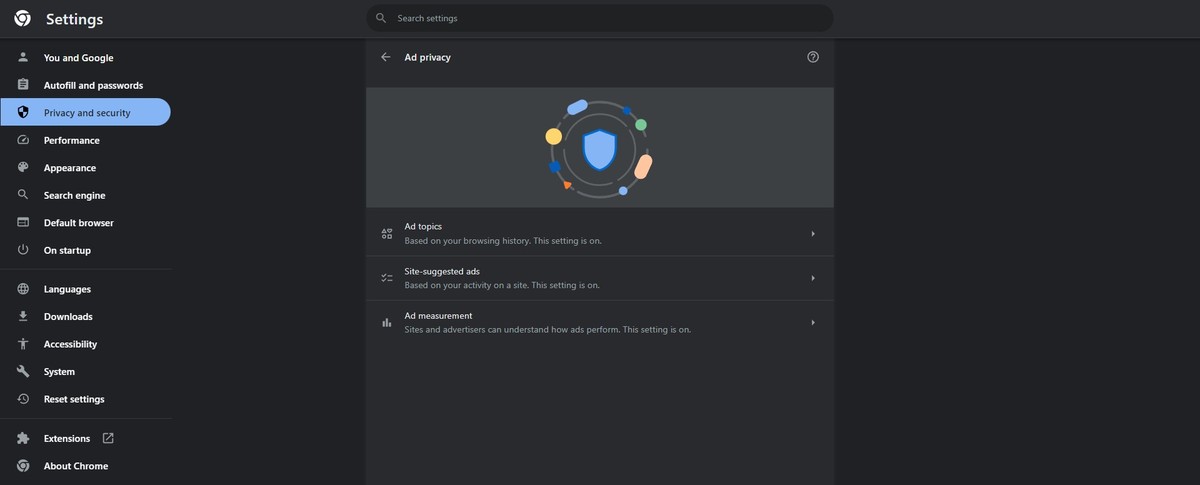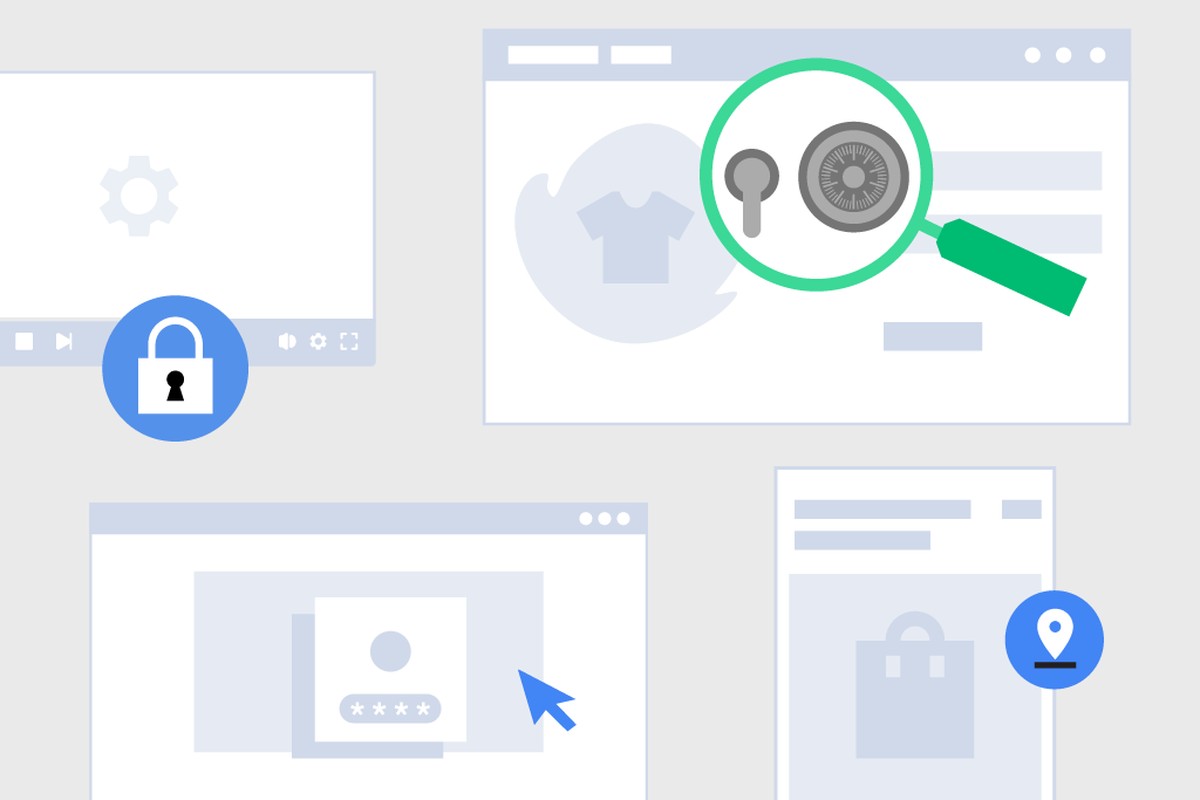Google Chrome & ad privacy feature, the slow death of the Web
Updated: September 9, 2023
Whenever I hear the words ads and privacy, I chuckle. The almost-fanatical obsession with ads as a business model is something that always baffles my non-Westcoasian brain, and so, whenever products try to make me into a product, I resist. A few days ago, I wrote an article about Microsoft Edge & personalized Web experience, and the stupid "Got it!" button. In that piece, I also wrote how Google will do their thing, without actually asking you, unless compelled by law.
Well, Chrome now has something called Ad Privacy feature. For the past few years, the company has done its best to "nudge" users into participating in their new ad experiments. If I'm not mistaken, there was FLoC, Privacy Sandbox, whatever, and now Topics. Whatever you call these things, it comes down to the same thing. Your browsing activity is profiled, and your monkey activities are monetized. This new feature seems to be more of the same. Let's talk details.
Le prompt
I updated Chrome on one of me machines (where it's actually installed as a SECONDARY browser), and I got this popup tell that me about Ad privacy feature AKA Topics. Lots of words for what is essentially a replacement for third-party cookies. Basically, instead of having these third-party cookies keep a naughty eye on you, you now have the browser that analyzed what you do, creates categories, and then asks the ad publishers to serve ads that correlate to your categories of interests, i.e., topics. In other words, Google is the gatekeeper for the ad business in Chrome, all the way.
As you can expect, I detest this concept. Not because of the tracking. Because I have never EVER seen one useful ad in my entire Internet life, and therefore find them totally pointless. Old TV commercials with big budget production, tricks, gimmicks, cool videos? Yes, there were a few great ones. Online ads? Pointless low-IQ stuff.
Popup
At the very least, the popup lets you select "No thanks". But that's not all. You still need to go into Settings and turn two additional options off. Privacy and security > Ad privacy. Here, you will also need to turn off Site-suggested ads and Ad measurement.
Settings
Measurement
Notice the amazing ergonomics of super-pale gray fonts on white background.
Conclusion
Google decided to forge ahead with this initiative despite protests and recommendations from pretty much everyone else (in this regard Apple and Mozilla, creators of Safari and Firefox). But it has always been the case, and most ideas and improvements that Google suggests are only good for Google really. Now, I am not really affected, for now, as I use Firefox as my primary browser, and with a nice, juicy adblocker like UBlock Origin (UBO), things are quiet and sane. Now, wait until I tell you about Manifest v3, woo-hoo!
The destruction of the Internet will not stop until it becomes just like the pay-per-view cable TV of the late 80s and early 90s. It would seem it's the only business model the "management" understands. After all, to have a super-successful mega-corporation, you must follow the rules - and that's the 1950s shoe-in-the-door salesman, with a side dish of MBA and a touch of Californian sun for good measure, perhaps an inspirational quote or two on your "business social media" profile. But inevitably, this is where we're going. Service as a service, ads, DRM, everything locked and triple-locked. The Internet began its death around 2013 or so, and it's transforming into new-age cablenet. Enjoy it while it lasts.
Cheers.













